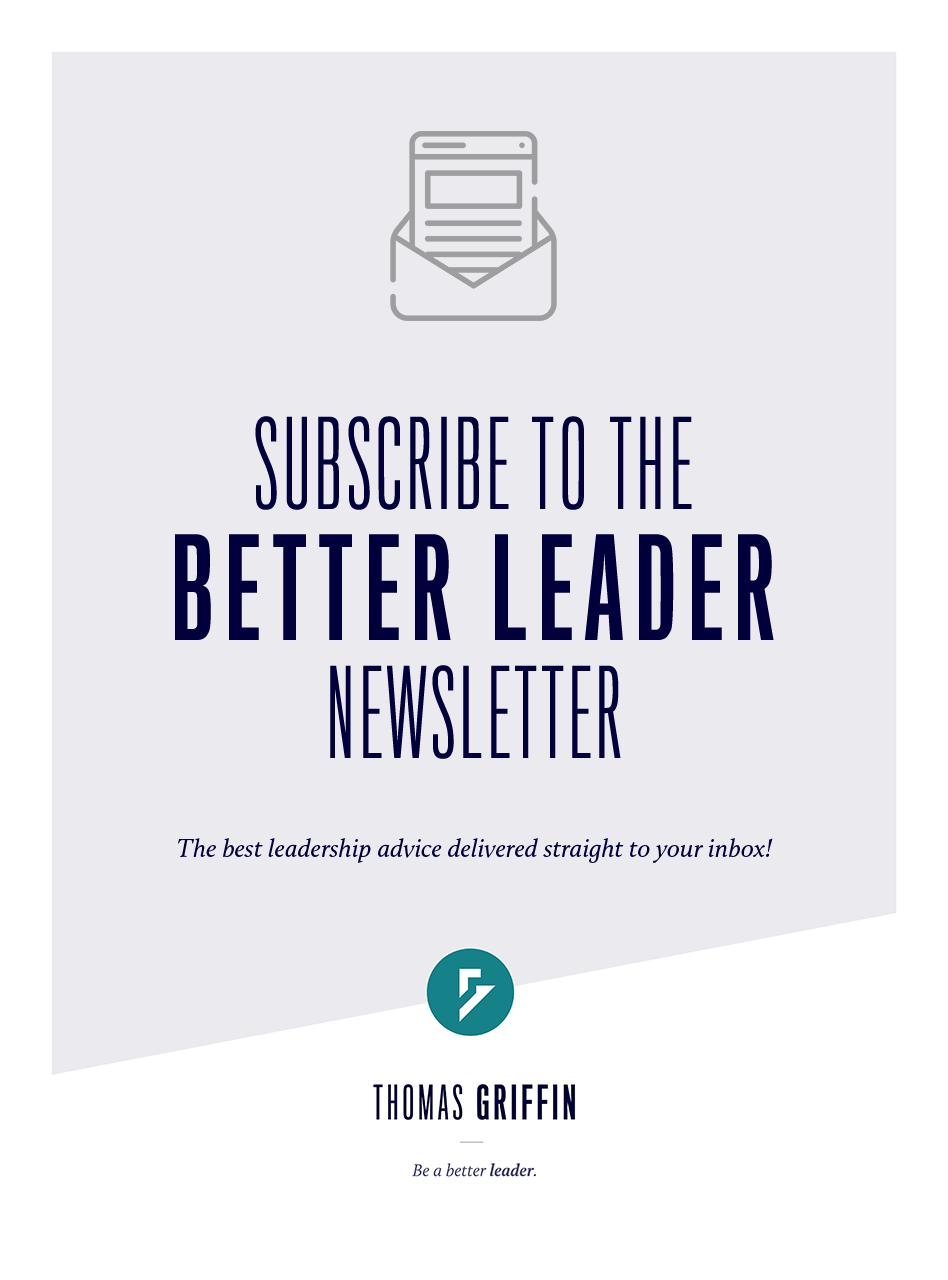
Influence by Robert Cialdini is THE seminal work on the psychology of persuasion.
I remember the first time reading this book. I couldn’t put it down because it was so fascinating.
The story about the alarm salesman alone had me laughing in disbelief at how powerful persuasion can be.
Influence looks at the world through the lens of persuasive activity. It gets at the core of who we are as humans and shows how our psychological tendencies can be used both for and against us.
For anyone who wants to lead others, I can’t understate how important it is to understand the concepts in this book.
Once you see it, you cannot “unsee” it, but until you do, you are powerless to wield one of the most powerful tools in a leader’s toolkit: persuasion.
My favorite quote from the book is this:
We all fool ourselves from time to time in order to keep our thoughts and beliefs consistent with what we have already done or decided.
This is why micro-commitments and the Zeigarnik effect are prevalent. Anything to get you to say “yes” to something in the past, even near past, automatically pushes you to remain consistent with that statement, even if it is undesirable to do so.
Here is my brief book summary and key takeaways from Influence by Robert Cialdini:
- There are 7 primary influencers of persuasion: weapons of influence, reciprocation, commitment & consistency, social proof, liking, authority and scarcity.
- Attaching reasons to a request greatly increases the success rate of the ask.
- Humans inherently dislike being indebted to someone else, even if the item received is free. The social pressure of this phenomenon causes us to make irrational decisions in order to “pay back” the gift giver.
- The idea of reject and retreat in negotiation is powerful. I love this quote: “If you want a kitten, ask for a pony first.”
- Consistency & commitment tendency is perhaps the most powerful influence agent. We desire above all things to remain consistent with past commitments. Side note: this is why writing down goals and speaking them out loud greatly increases our chance of achieving said goals.
- Along with C&C, we want to live up to our identity. Aristotle once said, “We are what we repeatedly do.”
- Social proof and FOMO are real. In the absence of key information, we prefer to do what has been done before. The example of the paid cheerers in the opera is fascinating, as well as commercial “laugh boxes” on sitcoms.
- We prefer to say “yes” to those who appear like us. A wise person once said, “Bait the hook to catch the fish.”
- The greater the perceived authority, the more likely we are to trust, even if the authority is manufactured.
- Scarcity drives people to action. If you think something is about to go away, you are more likely to desire it. Countdown timers on websites, anyone?
- We are more motivated by the thought of losing something than by the thought of gaining something of equal value. “Save” often works better than “Get”.
There’s so much more that this book delivers in value. Robert is an academic that writes clearly and intelligibly for the average person. His research and commentary are insightful beyond belief.
After reading this book, it’s hard not to look at the world through the eyes of persuasive activity. It’s everywhere.
You can find links for the print and audio books below.
Buy the Book Buy the Audiobook
